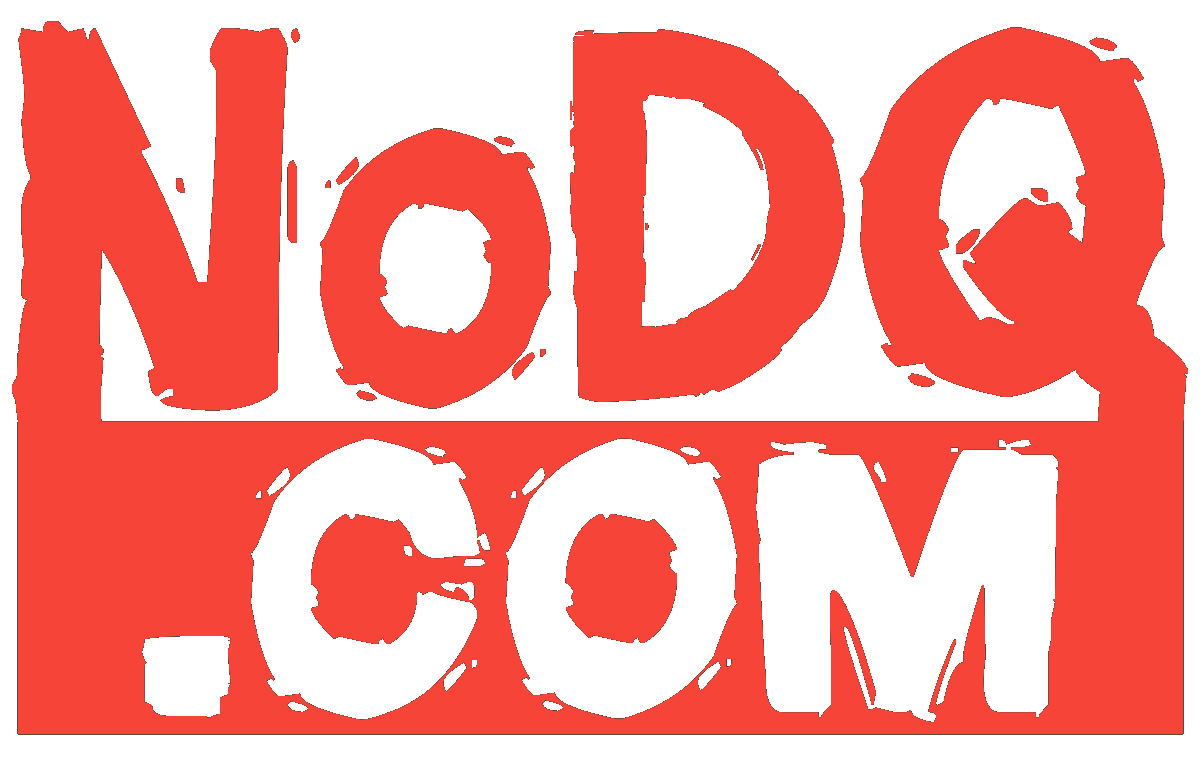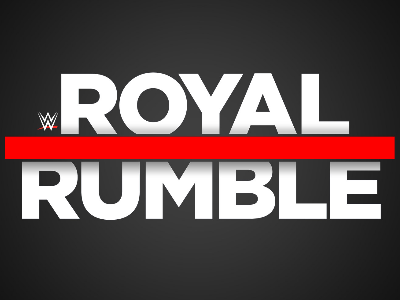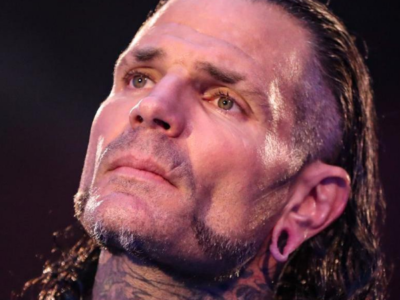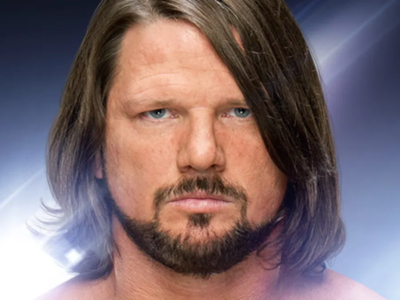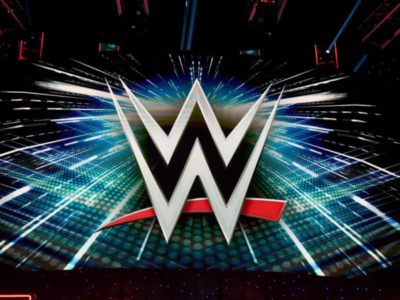Going Broadway: Booking Professional Wrestling is Not Hard

A JDB blurb…
Before I get into this piece, I want to invite those who will simply point and scoff at the title and get the laughter out of their system. Reading this with a closed mind only demonstrates a level of ignorance.
Most importantly, I don’t want to downplay the difficulty of the sport. Professional wrestling is a grind, and I need to make it clear of the difference between booking and performing. Performing is an artform, and it’s one of the hardest things to do in the world.
In fact, former Chikara owner Mike Quackenbush has an entire YouTube channel dedicated to just about everything you need to know about pro wrestling. It’s more than worth a look if you want to know about the intricacies of the business from someone who was in the business for many many years.
https://www.youtube.com/channel/UCogwzVlE7VfXFr_LTM_xltA
Booking, on the other hand…
“I think the best stories always end up being about the people rather than the event, which is to say character-driven.” – Stephen King
Writing 101
There is fundamental reason why the legendary “I Quit” match between Bret Hart and “Stone Cold” Steve Austin (WM 13) goes down as one of Wrestlemania’s greatest all-time matches:
The story.
The WWF’s golden boy and resident hero would have the fans turn on him that night in Chicago. After a grueling 20 minute old school wrestling bout, it was then heel Steve Austin who was starting to get cheers from the crowd. Late in the match as Hart locked in the Sharpshooter on his bloodied opponent, Austin would eventually pass out in a pool of his own blood from the pain — never technically giving up — and thereby cementing WWF’s greatest anti-hero.
How we got to this match is extraordinarily simple: You take the company’s long-standing hero who happens to losing his popularity with the fans because of changing “edgier” times, and pit him against a representative of the counter-culture.
Hero versus Anti-Hero in a late 90’s climate that started to embrace more risque aspects of our culture. The double-turn at Wrestlemania didn’t just highlight two of the greatest wrestlers to ever step foot into a ring, but bring home one simple fact of wrestling booking:
Characters Drive Stories
To a certain extent, John Cena vs. CM Punk at Money in the Bank 2011 mirrored Austin/Hart. Company hero versus the counter cultured anti-hero in a pivotal moment in the industry. The setting, once again, in Chicago. Both of these carry one element in common:
These are character-driven stories.
You can’t just pick a John Cena and a CM Punk from thin air. These have to be fully-actualized characters with years and years of evolution. Furthermore, these characters need to be followed.
CM Punk didn’t just start out as a counter-culture fan-favorite. He worked his way through the Indies to gain the right amount of underground buzz. Once he made it onto ECW, he became a cult favorite. Once on the main roster, his size and demeanor separated him from the rest of the bulky, “traditional” wrestling pack. He was “real”, and this is what fans ultimately latched onto.
You can make the same point for Steve Austin, going from “Stunning Steve” in WCW, to the humble beginnings of his “Stone Cold” persona in ECW, onto his infamous ‘3:16’ promo after winning King of the Ring in 1996.
When two characters from opposite worlds naturally rub up against each other the wrong way, this creates conflict. With conflict, comes a story. It’s not hard to accomplish this with well-oiled characters.
Take any two wrestlers from different worlds and match them up. Let’s say A.J. Styles and Darby Allin. An overly talented, good ol’ southern boy, with a cocky swagger about him against a blue-collared, violent, counter-culture wrestler who likely grew up hating people like Styles. Too easy…
What about Matt Riddle and Miro? A laid back stoner versus an intense Bulgarian? Again, too easy…
But what if…
T-Bar versus Brandon Cutler. How do you book that with a lack of character? What is a T-Bar? What is Brandon Cutler doing these days aside from being a lackey for The Elite?
Or how about…
King Corbin versus Shinsuke Nakamura. A cocky heel who wears a crown (for reasons) versus a Japanese legend who for some reason feels the need to steal Corbin’s crown?
This one is actually happening. Notice how this 50/50 booking storyline is probably the worst in the company right now. It doesn’t make sense as to why these characters are making the decisions they are making, and it’s clear the writers have no real idea what to do with this angle.
It’s trash.
It is only when stories are told through characters who evolve do they become legendary. And this isn’t happening as frequently as it could…
‘Bliss’fully Ignorant
When you take the travesty that has been Alexa Bliss and The Fiend you’ll find that almost every WWE short-coming can be wrapped up in this story. First, there are a few questions one should ask in regards to the Bliss/Fiend saga:
- Would “The Fiend” realistically be intrigued by Alexa Bliss? Why?
- Why was Alexa Bliss originally captivated by “The Fiend”?
- If Alexa Bliss has supernatural powers, why hasn’t she crowned herself women’s champion?
This is an example of a forced story. WWE writers simply liked the idea of matching up a Harley Quinn-inspired Bliss with WWE’s version of The Joker. But none of it really makes sense.
When “The Fiend” arrived in 2019, his purpose was clear: To seek revenge on those who wronged him in the past. Balor, Rollins, Bryan, Cena — he carried these out in perfect storyline harmony.
So it makes no sense why he would randomly target Alexa Bliss. It was never truly explained, nor was it explained why Bliss randomly stated in a kayfabe interview that Bray intrigued her. Nothing happened to Bliss to lead her down a dark path to “The Fiend”, and nothing happened to Wyatt to suddenly spark in interest in the opposite sex.
It was forced, and ultimately died at the hands of Randy Orton.
Currently, we have Bliss running incredibly cringe-worthy segments on raw where she shows off her “supernatural” powers, seemingly targeting bullies in Nia Jax and Shayna Baszler (even though was one herself as a past heel).
These segments are not well-received. There is a reason for this. Wrestling fans are much smarter than they look…
Forced Stories
WWE
When you take Jaxson Ryker and Elias, you have an example of a forced story. Is Ryker’s character even really formed? Would their characters even align in the WWE universe? Perhaps, but would one turn on the other almost immediately? It doesn’t seem to flow.
A lot of stories aren’t flowing. Some are very good, and for these examples (Usos/Mysterios, Roman Reigns in general, LA Knight/Grimes/DiBiase, Samoa Joe’s return, Kai-Gonzalez’s dominance) they all have one thing in common:
The story revolves around what the characters are likely to do in their natural evolution and persona.
As Stephen King has said, you “go where the story leads you” and this is based on character evolution. When you watch any WWE brand, the feuds that are the most exciting to watch are those where fully-actualized characters are acting within the believability of their persona.
Why does Nakamura care so much for a crown, and why does Apollo Crews suddenly speak with an accent? Why did The Hurt Business break up and Cedric Alexander has sudden beef with Jeff Hardy?
While it at least makes sense why Charlotte wants her title back from Rhea Ripley, whom she defeated at Wrestemania last year, they’ve been overshadowing Nikki Cross and Asuka and failing to write to write their part of the story correctly. At least this is okay?
AEW
It wouldn’t be fair if I didn’t touch upon AEW…
When you have a situation where no writing team exists, you tend to get self-actualized characters who have a natural story progression. Gimmicks aren’t handed out by a writing team; they already exist within said talent.
Example: Adam “Hangman” Page. After the pressure of AEW led the cowboy to a slight drinking problem, Page would slowly distance himself from The Elite, culminating in the loss of the tag team championships with Kenny Omega. Page, now a true loner, found comfort in the Dark Order, where he hangs to this day — still as a fan-favorite. Omega, however, took his loss and lack of singles championships since AEW’s inception as a dark mark on his career. He reverted back to his “Cleaner” gimmick in New Japan, and has been on a tear ever since.
These are natural responses to character developments. This is why they work.
From Kingston and Moxley reuniting their long friendship over their love of violence, to the saga that is two egos butting heads with MJF’s Pinnacle versus Jericho’s Inner Circle, there is usually a progression in AEW when it comes to stories.
Even if poorly executed and lukewarmly-received, even Nyla Rose’s thwarting of the three-way burger bash between Baker/Rebel/Schiavone is well within her character — heel or not.
Yes, I am an AEW mark, but to be honest, it’s hard to pick too many holes in AEW’s current storylines. You can choose to like or dislike them to your heart’s content, but they make sense. This is why AEW gets a pass for any faults in the eyes of so many in the IWC.
Sensical booking + lots of pure wrestling = thumbs up.
If I had to pick out any grievance, it’s The Nightmare Family/The Factory feud. It was never fully explained why QT Marshall really hates Cody Rhodes after years of friendship, and why his now loyal followers would decide to leave The Nightmare Family to go up against a company EVP.
I get that you need heels, but when you have young talent whose characters aren’t fully formed yet, you need to make me care about them. I simply don’t care about Aaron Solow, Nick Comorado, or Lee Johnson. It has nothing to do with their raw talent, but they don’t have anything to them in regards to character — which makes it hard to tell a good story.
It’s Not Hard to Book Pro Wrestling
The magic in professional wrestling takes place in the squared circle. You can easily take two characters from opposite sides of the universe and smack them together. However, the quality depends on the talent in the ring.
You can take the hero versus the anti-hero all you want, and that’s EASY. But they if don’t perform in the ring, the whole experience is utter garbage.
This is the logic behind this entire article…
As someone with a minor in writing, who has done so for a living, it’s really not hard to create conflict in a story with two opposite ends of a spectrum. But once conflict is created, you need to find ways for the conflict to continue and make sense in relation to the characters in the story.
This comes easy when you have in-depth characters to work with in the first place. As talented as many wrestlers around the world are, only half really have fleshed out characters that have evolved. But even with fleshed out characters, they need a reason to create conflict with one another.
I think a majority of wrestling’s perceived issues today lies in poor booking. Talents are often put together that would make little sense, and act in ways that their evolved character simply wouldn’t. It turns a lot of fans off and call “bullshit” on the feud.
Going Home
It truly isn’t hard to book pro wrestling. It’s extremely hard for two or more wrestlers to tell a story in the ring, and that’s an entirely different beast. But booking is easy, and it’s sad that so much of the world’s mainstream product suffers from poor writing and booking when it could be so much easier.
I won’t armchair book WWE unless requested, but you would think it wouldn’t be too hard to do with all of their endless talent available.
On that note, let’s draw this to a close. Just remember, when you’re watching the product (any product) just as yourself — “Does this make sense?” “Are these talents acting as their characters really would based on what I know about them?” “Do I need to know more about them in the first place?” “Is it believable?”
These are simple questions to ask for what is truly a simple booking process.
-JDB
